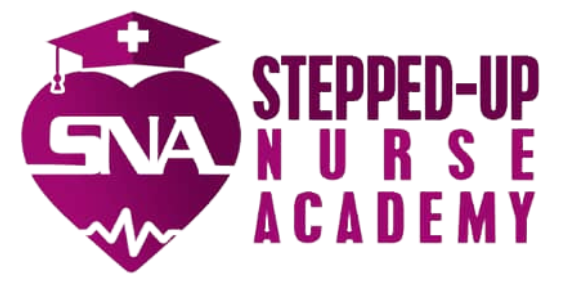Have you ever made a child eat something they didn’t want to eat or been forced to eat something you didn’t want to eat? If so, how do you feel about that particular meal now that you’re an adult? Have you ever considered how much easier and more enjoyable life would be if your children were able to eat themselves without being forced? Many of my readers who are mothers, I’m sure, went through the process of force-feeding their infants at some point. In truth, for some mothers and children, feeding is a tug of war.
I recommend reading the entire post if you want to learn more about why force-feeding infant is detrimental.
What does it mean to be force-fed?
Force feeding is physically forcing food into a child’s mouth and forcing them to swallow, as well as compelling a child to eat.
Force-feeding is harmful and dumb, according to Dr Okunola Olusola of the University of Benin Teaching Hospital. Force-feeding, he claims, forces a child to breathe, cry, and eat all at the same time using his mouth. He warns that doing so may result in the child’s death (The Nations, 2019).

What effect does force feeding have?
Force-feeding can have a variety of consequences, including:
1. Nausea and Vomiting
When you feed your child against his will, he may vomit or throw up.
2. Pneumonia
When force-feeding a child, food fragments can easily enter the child’s lungs and cause pneumonia, which is a serious lung infection.
3. Choking
Food is supposed to go down the esophagus, while air is supposed to go up the trachea. As a result, choking occurs when food enters the trachea.
4. Suffocation
When force-feeding a child, it is sometimes necessary to cover the child’s nostrils in order to force him or her to open his or her mouth. The air supply from the nose is obstructed, and food is jammed in the mouth, preventing air from entering through the mouth. A child could easily die as a result of this.
5. Trauma
Force feeding, in which a caregiver or parent injures a child’s mouth or teeth by forcing a spoon or utensil into a reluctant child’s mouth, can have a negative impact on nutrition. Forced feeding injuries to the mouth are considered child abuse and a violation of children’s rights.
6. Food Aversion
When a baby is forced to eat, he may develop a negative association with food. Such a child may develop a strong dislike for food and mealtimes, as well as eating disorders like anorexia or bulimia. Forcing a child to eat merely exacerbates the problem by reinforcing the child’s distaste of eating.
There are practical and positive strategies to encourage children to eat nutritious foods, such as:
- Alter the way you feed and prepare your child’s food.
- Research and learn what your child enjoys the most.
- Make the food appealing, intriguing, and colorful.
- Because children’s stomachs are so small, serve small portions and increase the number of times they eat.
- Some children refuse to eat if they have consumed too many snacks or drinks during the day; therefore, snacks and beverages should be limited.
Force-feeding, according to healthwise (2020), is a dangerous experiment that increases the risk of newborn death. It has the potential to lead to legal action.
According to Bui (2019), a nanny forced fed 8-month-old child milk because the infant woke her up from her nap. She was accused with child abuse that resulted in the death of the child.
It’s natural to be concerned about your child’s nutritional intake as a parent, but be assured that even without force-feeding, children consume enough food to survive and be healthy. If your child isn’t eating properly or doesn’t want to eat, don’t criticize him or her; instead, adjust the way and pattern in which you prepare his or her meal.
Forcing children to eat is harmful, and it has resulted in the deaths of many infants in Nigeria.
The day you see a child die from it, you will never do it again.
References
Healthwise (2020). Force-feeding infants significant cause of death from choking in Nigeria —Expert, https://healthwise.punchng.com/force-feeding-infants-significant-cause-of-death-from-choking-in-nigeria-expert/
Bui Lynh (2019). Nanny convicted of murder for force-feeding infant. Crying child disturbed her from a nap, prosecutors say, https://www.washingtonpost.com/local/public-safety/nanny-convicted-of-murder-for-forcefeeding-infant-after-the-crying-child-awoke-her-from-a nap/2019/02/11/86ffb496-2a28-11e9-b011-d8500644dc98_story.html
The Nations (2019). Force-feeding Babies: A Dangerous Practice, https://www.google.com/amp/s/thenationonlineng.net/force-feeding-babies-a-dangerous-practice/amp/



